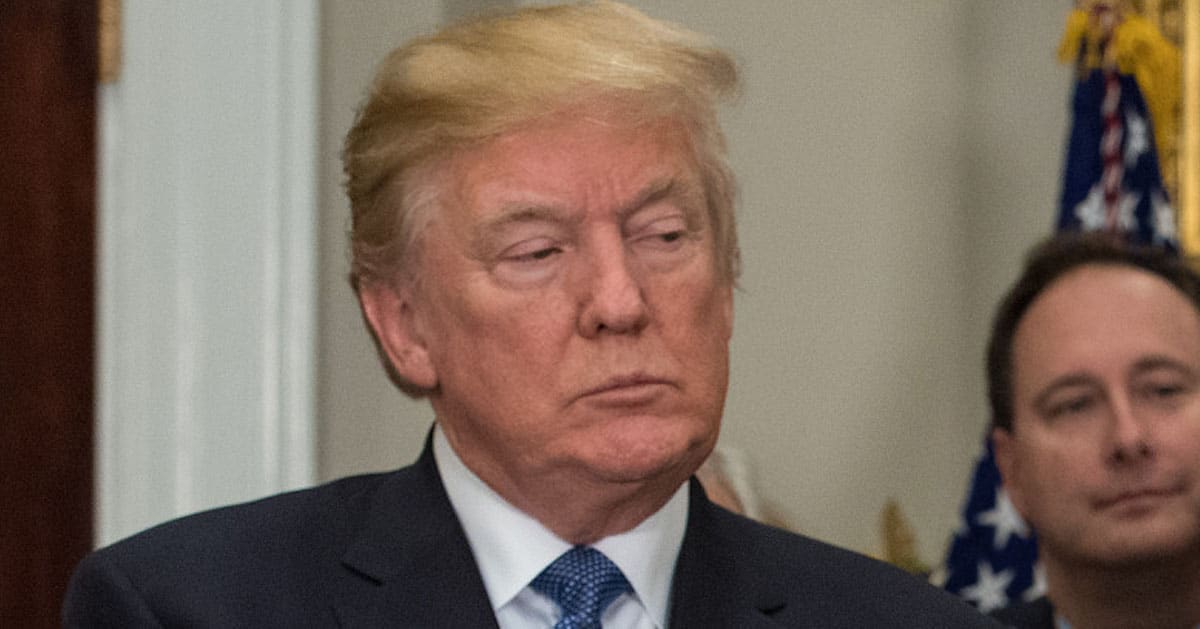



Settlement talks between the Trump administration and Harvard University have crashed, leaving billions in federal funding in limbo.
A New York Times report highlights the gridlock, driven by internal squabbles among Trump’s aides. The clash exposes deeper tensions over how to handle elite institutions accused of failing on key issues.
Fox News reported that the Trump administration froze $2.2 billion in Harvard funding earlier this year, citing the university’s alleged inability to tackle antisemitism on campus.
Talks to restore the cash and end federal probes have now stalled, with negotiations slowing to a crawl in recent weeks. This follows a near-deal last month that would’ve seen Harvard cough up $500 million for workforce programs.
Harvard’s refusal to accept an independent monitor has become a sticking point, fueling the administration’s push for tougher terms.
Some aides want a quick win to tout as a political victory, while others argue the current deal lets Harvard off too easily. The divide reflects a broader conservative frustration with Ivy League institutions seen as out of touch.
The funding freeze, announced after the Oct. 7, 2023, Hamas attack on Israel, included a $450 million grant cut by the Department of Education’s Task Force to Combat Antisemitism.
The task force claimed Harvard “repeatedly failed to confront the pervasive race discrimination and antisemitic harassment plaguing its campus.” Harvard fought back, winning a court ruling that partially blocked the freeze.
Judge Allison D. Burroughs delivered a scathing rebuke, accusing the administration of “weaponizing antisemitism as a pretext for an ideologically motivated assault” on Harvard.
Her ruling suggests the administration’s moves were more about scoring points than addressing real issues. Yet, conservatives see this as judicial overreach, protecting a university they view as coddling progressive excess.
The administration also threatened to strip Harvard’s tax-exempt status, a bold move to pressure the Ivy League giant. Harvard, predictably, declined to comment, leaving the public to wonder how far this standoff will go. The lack of new demands from the White House only deepens the uncertainty.
Inside the Trump camp, aides are split on how to proceed, with some eyeing a splashy deal to bolster the president’s image. Others, skeptical of Harvard’s willingness to reform, demand stricter oversight, like an independent monitor to ensure compliance. Harvard’s flat-out rejection of this idea shows its arrogance, critics argue, unwilling to bend even under intense federal scrutiny.
The departure of May Mailman, a key White House strategist who drove the campaign against elite universities, has further muddied the waters. Without her, the administration seems to be recalibrating its approach, slowing talks to a near halt. This shake-up raises questions about whether the White House can maintain its leverage.
Trump himself reportedly told Education Secretary Linda McMahon, “We want nothing less than $500 million from Harvard. They’ve been very bad. Don’t negotiate.” His hardline stance resonates with supporters fed up with what they see as Harvard’s woke culture, but it risks derailing any chance of a deal.
Meanwhile, protests have flared, with demonstrators waving Palestinian flags on Cambridge Common on April 25, 2025, slamming Harvard’s stance on the Gaza war.
These scenes fuel conservative arguments that Harvard’s campus is a breeding ground for divisive ideologies. The administration’s push for concessions taps into this sentiment, aiming to rein in what they see as unchecked radicalism.
The near-settlement last month offered a glimpse of compromise, with Harvard poised to spend $500 million on workforce programs to unlock billions in funding. But some Trump officials worry this price tag overshadows other priorities, fearing it hands Harvard a public relations win. The hesitation reveals a White House torn between pragmatism and principle.
A White House official claimed the goal is to “change the course of higher education in this country.” Noble as that sounds, it’s a tall order when Harvard, with its deep pockets and deeper influence, refuses to budge. The rhetoric plays well to the base but risks alienating those who want results over posturing.
Ongoing discussions among Trump and his advisors show no clear path forward, with Harvard holding firm against tougher terms.
The university’s defiance frustrates conservatives who see it as emblematic of elite institutions thumbing their noses at accountability. Yet, forcing Harvard’s hand without legal or public support could backfire.
The court’s ruling against the administration underscores the challenge of balancing ideology with policy. Judge Burroughs’ sharp words—“ideologically motivated assault”—cut deep, framing the administration’s tactics as overreach. Conservatives counter that Harvard’s resistance proves it’s more interested in protecting its brand than addressing real issues.



